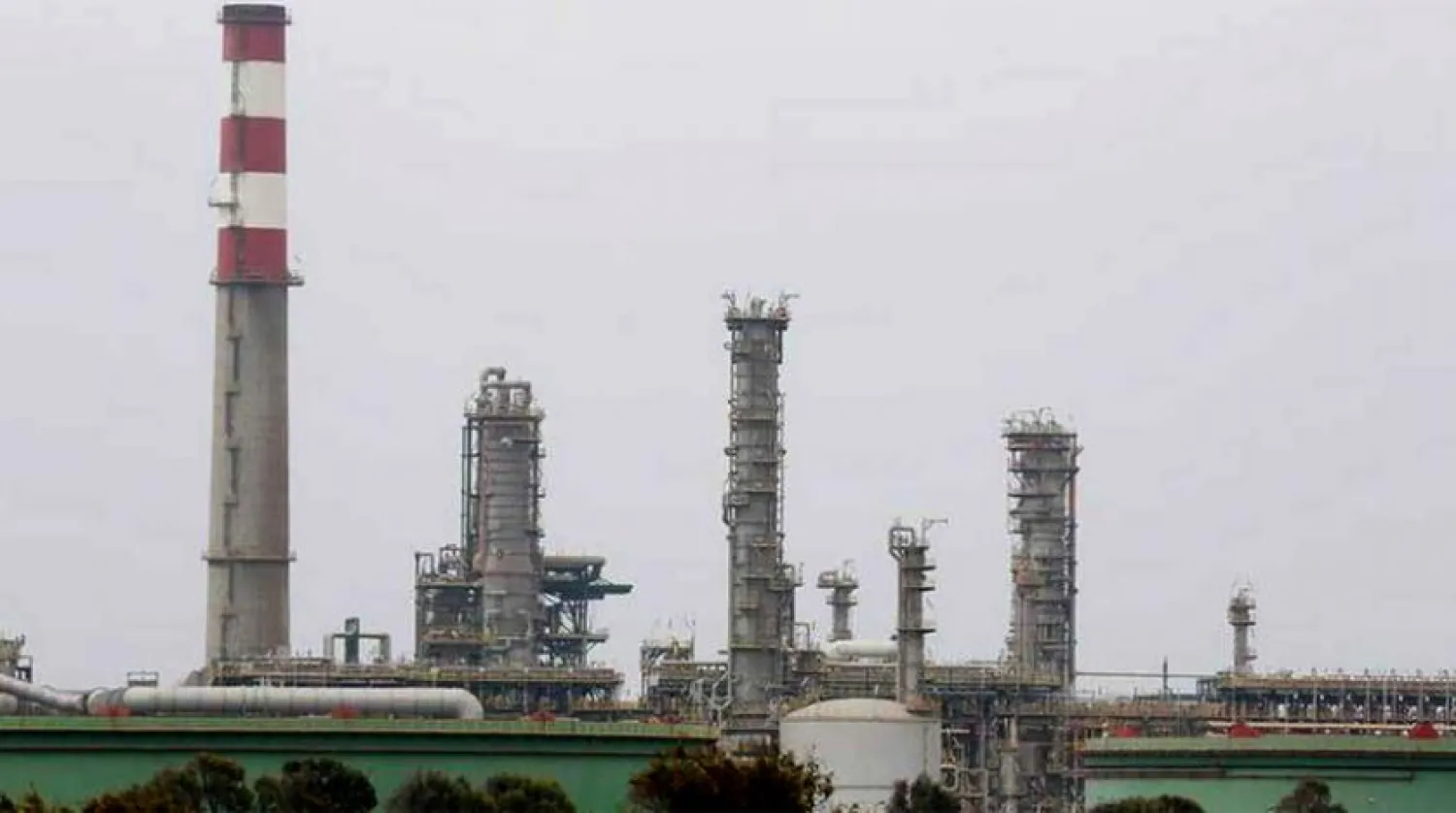Planning for the drilling of 12 wells in Morocco is at an “advanced stage,” with the campaign targeted to begin in the fourth quarter of 2019 and complete in the first half of 2020, Britain’s SDX Energy PLC, a North Africa-focused oil and gas company, has announced.
All long lead items have been ordered and all key contracts finalized, SDX announced in a statement. The program will be targeting 15bcf of gross unrisked prospective resources at the Gharb Basin, north of Rabat, it said.
According to the company, its Morocco gas sales are now at an average of 745 boe/d.
The company's Moroccan acreage consists of five concessions, all of which are located in the Gharb Basin in northern Morocco: Sebou, Lalla Mimouna Nord, Gharb Centre, Lalla Mimouna Sud, and Moulay Bouchta Ouest, with the latter two secured by the firm during the first half of 2019.
In 2018, the company began selling natural gas to Peugeot, Extralait, and GPC Kenitra. During the first half of 2019, natural gas sales began to three additional customers: Setexam, Citic Dicastal and Omnium Plastic.
The six new customers have been increasing their consumption rates, with several expected to reach stabilized rates during the second half of the year, the statement added.









